 Scientific direction
Scientific directionCurrently, the laboratory is accumulating fundamentally new information on the role of infectious agents, particularly herpesvirus, in general human pathology, the logical conclusion of which is expected to result in the development of a new concept of the role and importance of persistent intracellular infections both in general human pathology and in adaptive capacity of the body under physiological conditions of existence.
The considerable expansion of infectious diseases requires the formation of a new paradigm of herpesvirus infection, primarily due to establishment of the role of herpesvirus in the course of diseases previously considered as non-infectious, and definition of their aggravating influence on the course of human chronic diseases, which is accompanied by deviation in immunological homeostasis, because despite differences in etiology, pathogenesis, clinic, morphological nature and consequences, all diseases are combined by a single common immunopathological mechanism.
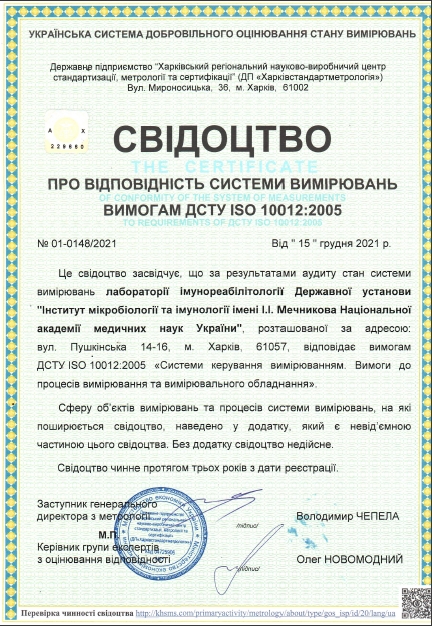
 STAFF
STAFF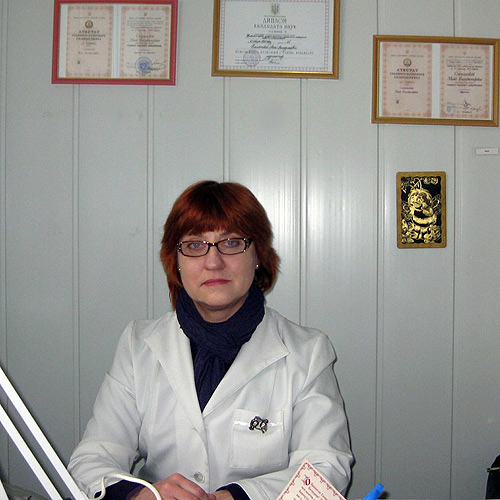
Maya SmelyanskayaMD, Ph.D., leader researcher (head of immunology and virology division)
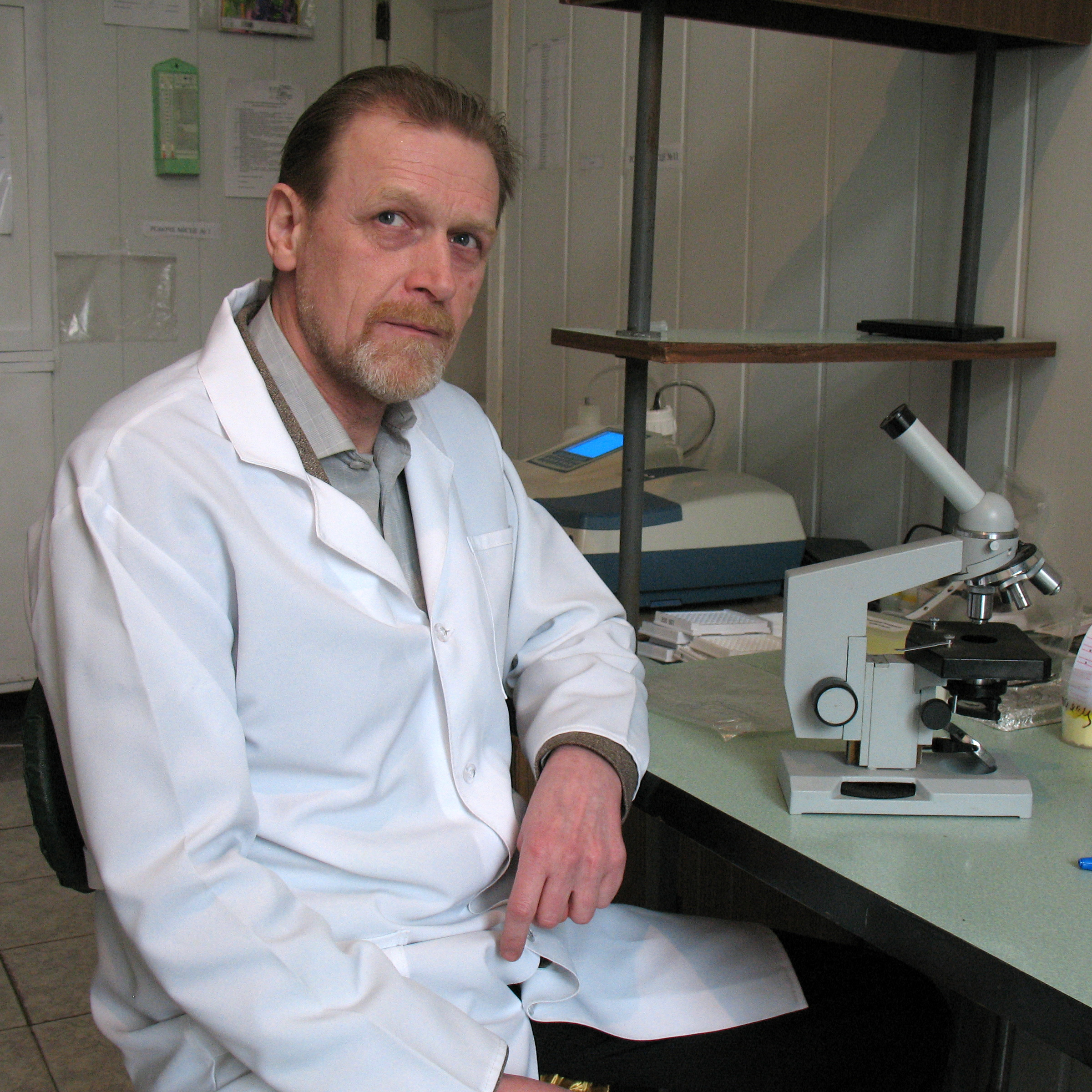
Igor YudinMD, Ph.D., senior researcher
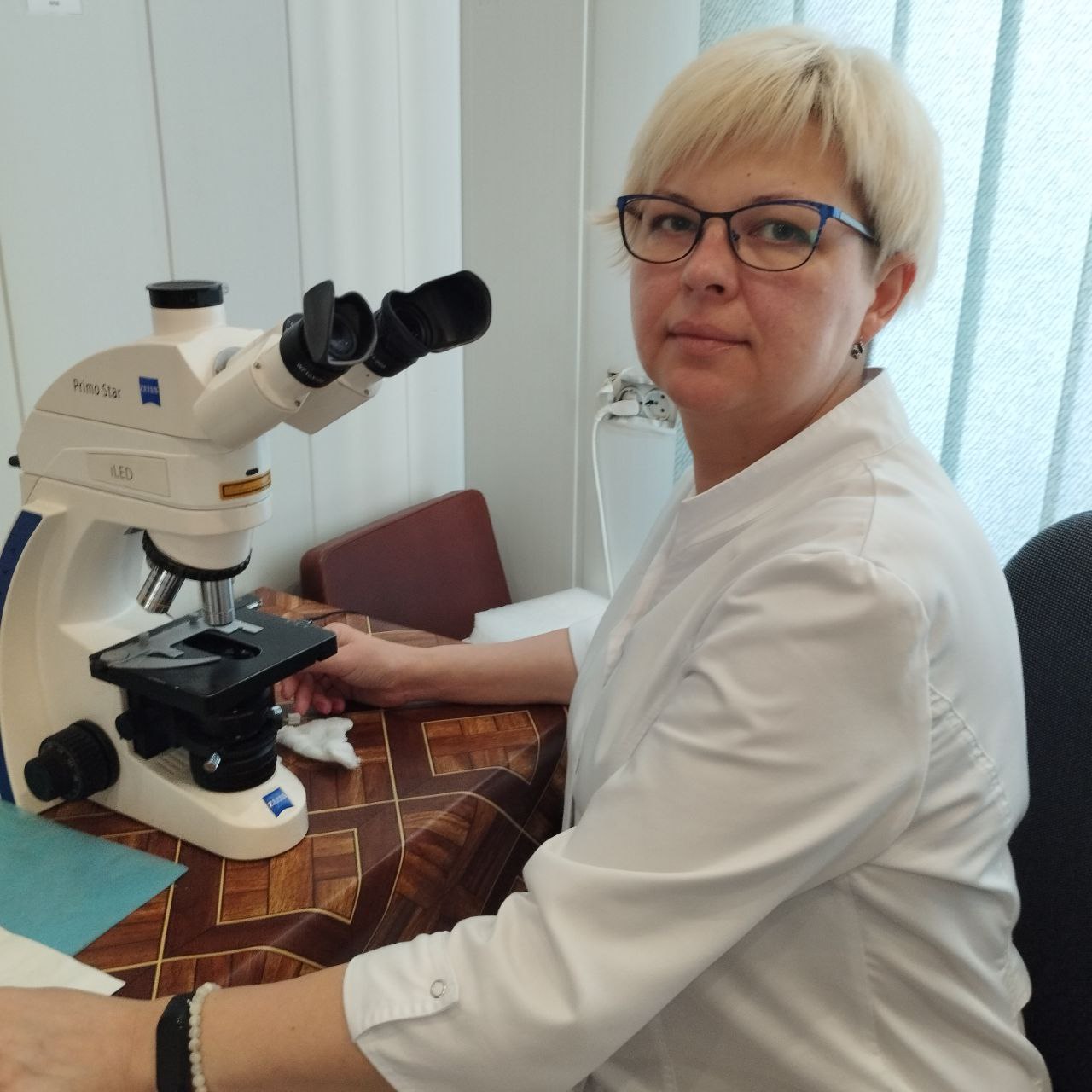
Tetiana DidorenkoM. Sc. (Biology), senior researcher
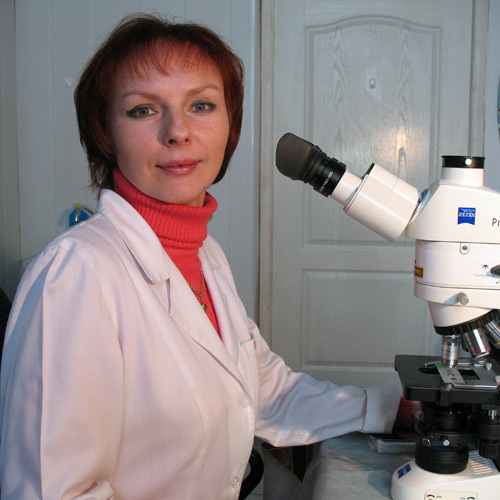
Natalia KashpurM. Sc. (Biology), Ph.D., leader researcher

Maksym KuchmaMD, Ph.D., junior researcher

Tetiana DavidovaMD, Ph.D., senior researcher
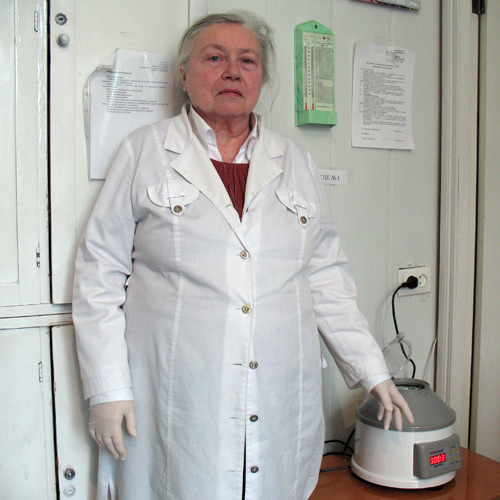
Lyuba Chernovalaboratory assistant
 Topics of the laboratory
Topics of the laboratory1. "To study the immune and genetic correlates of human anti-infective protection". NAMS 159/2021;
2. "Study of the clinical and immunological features of the tuberculosis process against the background of herpes virus infection in children with the goal of developing of a personalized approach to treatment". NAMS 159/2021;
 Monograph
Monograph Diplomas
Diplomas Publications
Publications Patents
Patents